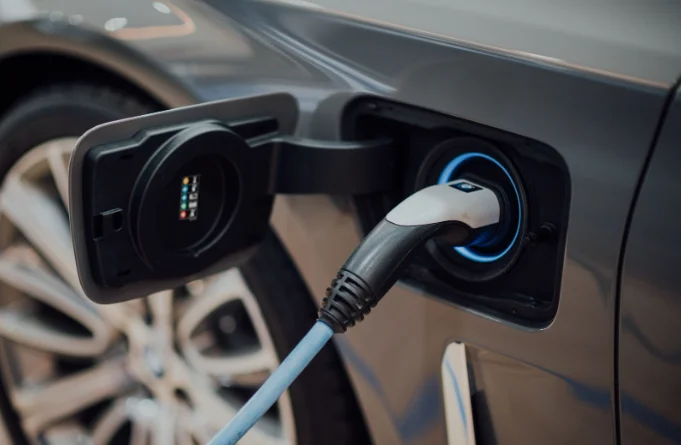Prime Minister Shehbaz Sharif has formally unveiled the Pakistan National Electric Vehicle Policy 2025–30, marking the country’s first structured plan to shift toward sustainable transport. The policy, also called the New Energy Vehicle (NEV) framework, is being hailed as a major milestone in Pakistan’s journey toward green transformation and its broader fight against climate change.
Speaking at the launch ceremony in Islamabad, the premier reminded the audience that although Pakistan contributes less than 1% to global greenhouse gas emissions, it remains among the ten most climate-vulnerable countries. Highlighting the severe impacts of recent natural disasters, he stressed that the nation cannot shoulder the heavy financial cost of climate recovery alone and called for stronger international support for climate-stressed economies.
“Our carbon footprint is small, but the devastation we face in terms of lives, infrastructure, and livelihoods is massive,” Sharif said, pointing to the 2022 floods that killed nearly 1,700 people and caused damages exceeding USD 30 billion, along with this year’s destructive monsoon season that has already taken over 700 lives.
The National Electric Vehicle Policy 2025–30 outlines subsidies for electric motorcycles to make clean mobility affordable and practical for the masses. Alongside this, the government announced the distribution of 100,000 laptops to outstanding students, with a 10% quota reserved for youth from Balochistan to promote inclusivity.
Sharif described the transition as not just an environmental need but also an economic opportunity that will cut dependency on costly fuel imports and align Pakistan with the global shift toward sustainable growth.
Special Assistant to the Prime Minister on Industries and Production, Haroon Akhtar Khan, emphasized that the policy could generate thousands of new employment opportunities, reduce petroleum consumption, and position Pakistan as a leader in a “green industrial revolution.” Federal Minister for National Food Security, Rana Tanveer Hussain, called the announcement a “historic milestone,” noting that the framework has been aligned with global environmental standards.
The government also plans to raise the education support budget beyond the current Rs9 billion in the upcoming fiscal year, allocating a portion to skill-building programs that prepare the workforce for a green economy.
Read More: Best Fleet Tracking Solutions in Pakistan – Features & Prices 2025
By introducing the Pakistan National Electric Vehicle Policy, the government has laid down a long-term vision that combines climate action with economic growth. This initiative is expected to accelerate Pakistan’s path toward clean energy, sustainable industry, and future-ready mobility.









